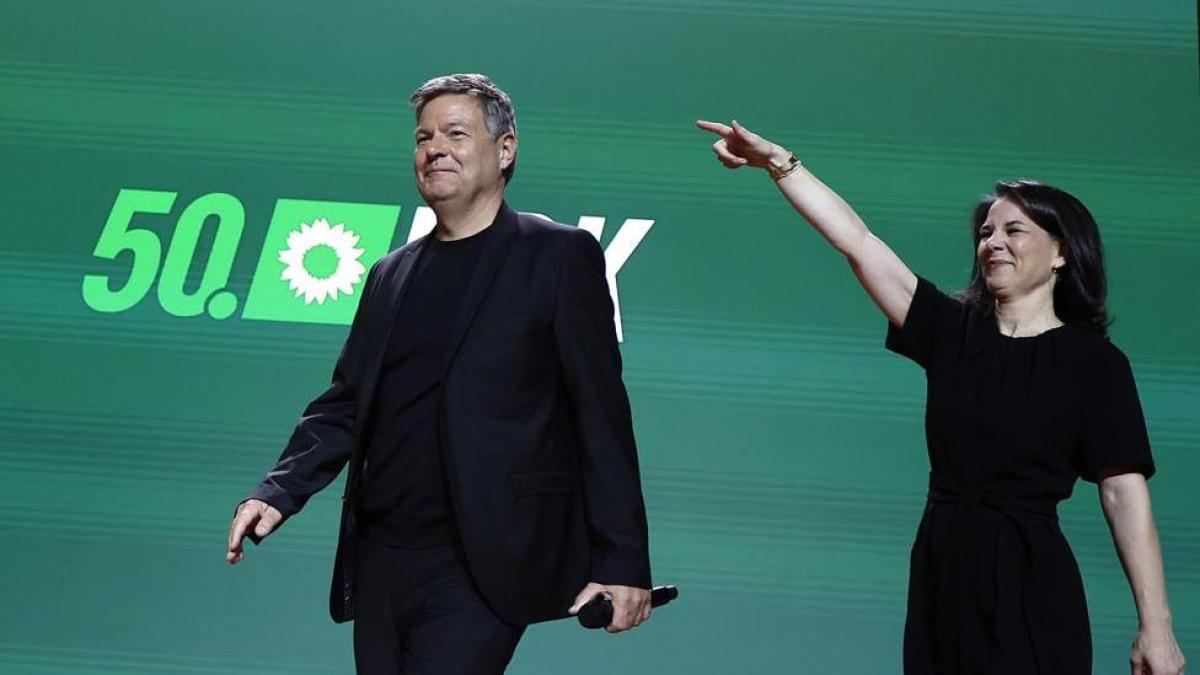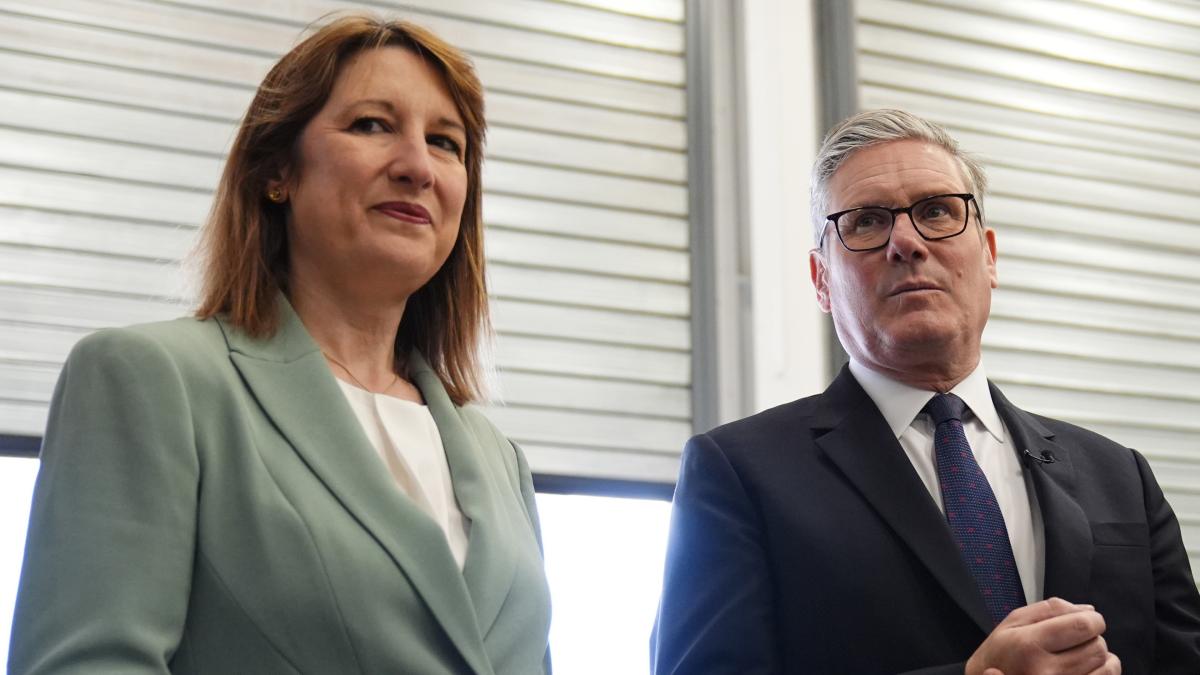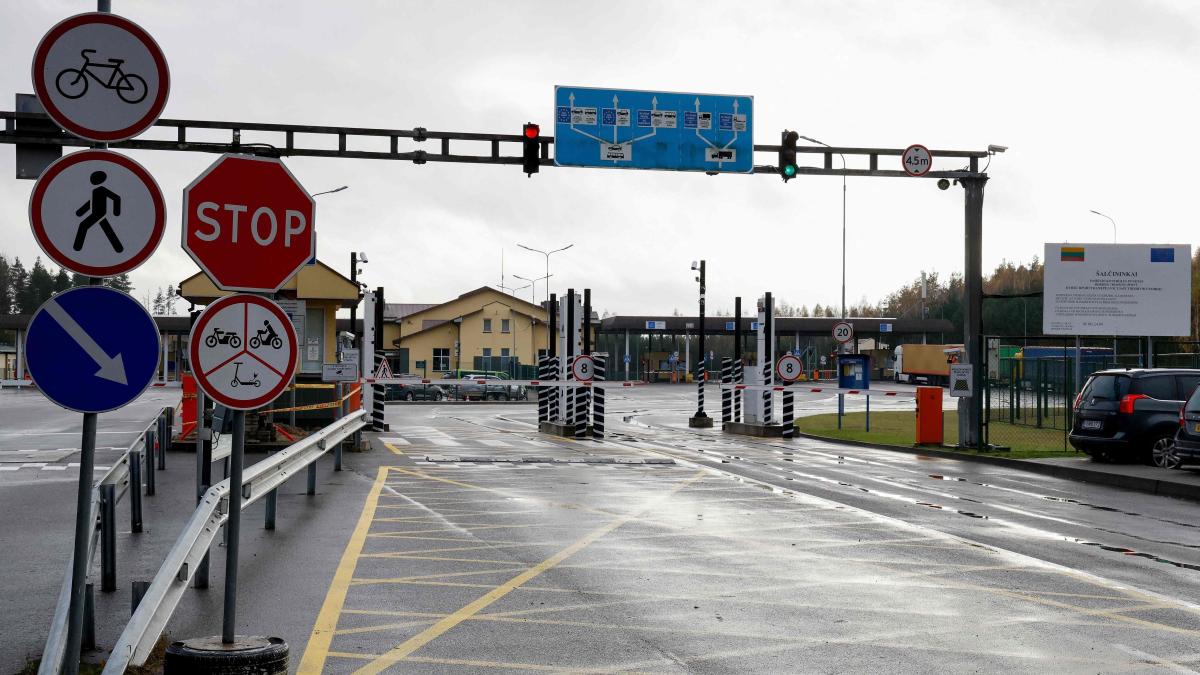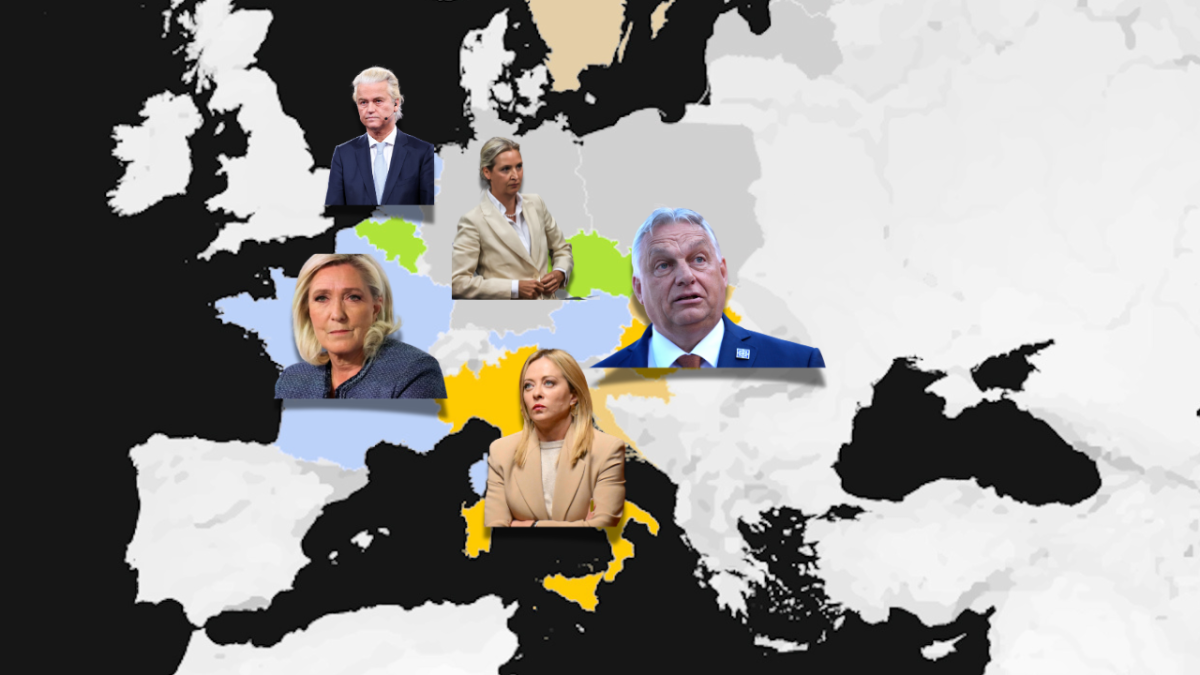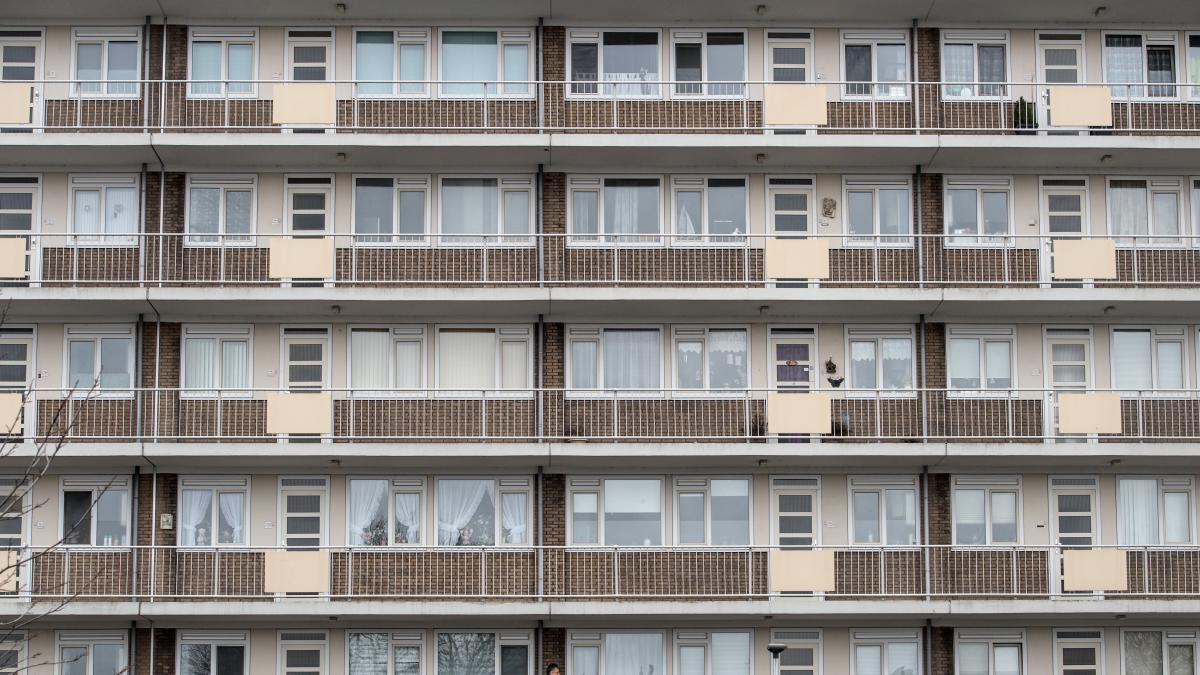German Greens Nominate Robert Habeck as Their Chancellor Candidate
The German party Alliance 90/The Greens, a key player in the politically volatile landscape of German governance, has chosen Robert Habeck, the current Minister of the Economy, as its candidate for Chancellor in the upcoming elections, which are anticipated to be held on February 23. This decision comes on the heels of a shaken minority government led by Social Democratic Chancellor Olaf Scholz and the dissolution of the tripartite coalition.
During a hastily organized congress in Wiesbaden, the environmentalists collectively rallied around Habeck, despite the party currently holding the fourth spot in the polls with a paltry 11% support. His nomination was overwhelmingly supported, with 96.48% of the 800 delegates casting their votes in favor of his candidacy.
In a candid address, Habeck acknowledged the erosion of his public image during his three years in government. The Greens have faced relentless criticism from conservative opposition, often characterized as the “party of bans” for their climate protection measures and regulations concerning heating policies — a label that persists even as they grapple with the fallout of the Russian gas supply crisis exacerbated by the ongoing war in Ukraine. Despite their challenges, Habeck expressed determination, stating, “The Greens want to continue assuming responsibilities; and if it takes us very far, perhaps even to the chancellery.”
Challenges and Aspirations of the Greens
With polling figures that reflect their diminishing influence on the political stage, Habenck’s appointment signals a strategic effort by the Greens to regain their footing as a formidable force in federal politics. Annalena Baerbock, who was the party’s candidate for Chancellor in the 2021 elections, has announced her backing for Habeck after withdrawing from the race earlier this year. Her 2021 campaign saw the Greens garner 14.8% of the national vote, leading to the formation of a coalition government with the Social Democrats and the Free Democrats.
The conditions for their electoral success appear daunting; the party faces significant challenges as they regroup from last month’s collapse of the governing coalition, attributed to severe tensions surrounding the 2025 budget negotiations among coalition partners.
Political Dynamics and Leadership Changes
At the congress, Baerbock praised Habeck’s leadership skills, invoking a nautical metaphor: “No one like Robert Habeck can handle the rudder during a storm and at the same time adjust the sails with the wind downwind.” Her endorsement coincides with the introduction of a new party leadership team — Felix Banaszak and Franziska Brantner were elected as co-presidents in a leadership reshuffle designed to invigorate the Greens ahead of what promises to be a fiercely contested election.
This urgent transition follows a series of disappointing electoral results in eastern German states, indicative of the party’s widening disconnect with traditional voter bases during a time of crises. Brantner’s comments at the congress evoked nostalgia for a brighter future, remarking, “Make Green Great Again,” echoing a controversial phrase while channeling the party’s ambitions to reconnect with voters by articulating a robust electoral platform focused on their core tenets of climate protection, accessible housing, and economic rejuvenation.
The Road Ahead towards February Elections
Robert Habeck’s accusations against the previous coalition governments — led by both conservatives and the Social Democrats — of stifling progressive policy implementation have resonated within the party’s messaging. The current government crisis raises questions about the viability of a renewal of conservative-social democrat coalitions in light of shifting voter allegiances and mounting pressures from left-leaning constituencies.
As Germany prepares for a potential snap election, many observers are left pondering how the Greens will position themselves once again in a system that has often seen them as a junior partner rather than a frontrunner. Can Habeck navigate this turbulent political terrain and revitalize the party’s fortunes before the February elections? Only time will tell, but his recent nomination has certainly ignited discussions about the future of environmental politics in Germany.
As we watch the developments in this politically charged environment, witnessing the Greens potentially reclaiming political agency under Habeck’s stewardship could not only reshape the party’s trajectory but also redefine Germany’s environmental policies heading into an uncertain future.
For further insights into the dynamics at play, refer to ongoing analysis at Lavanguardia.

